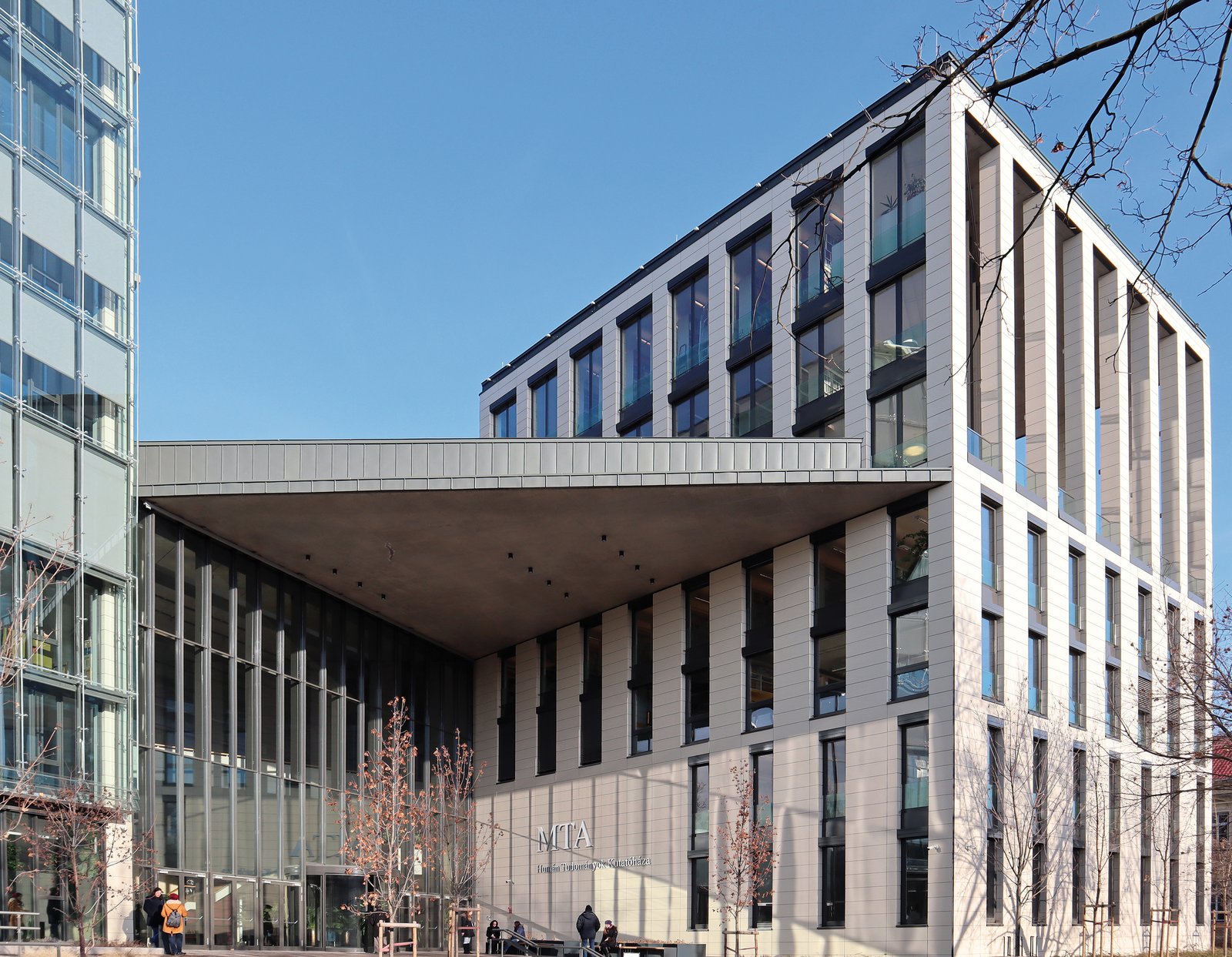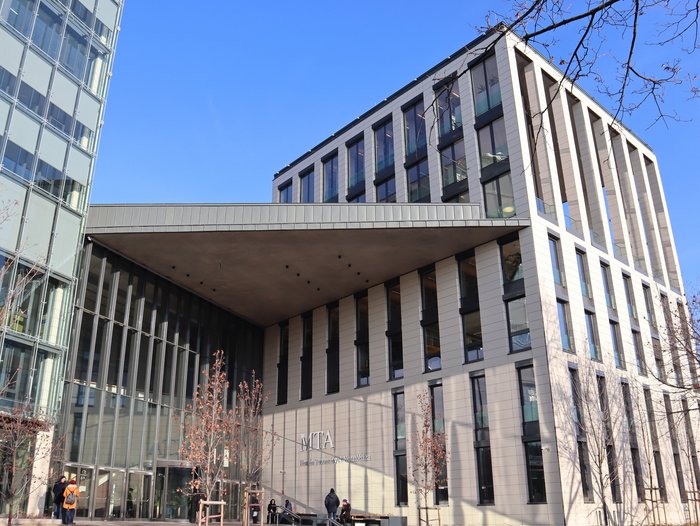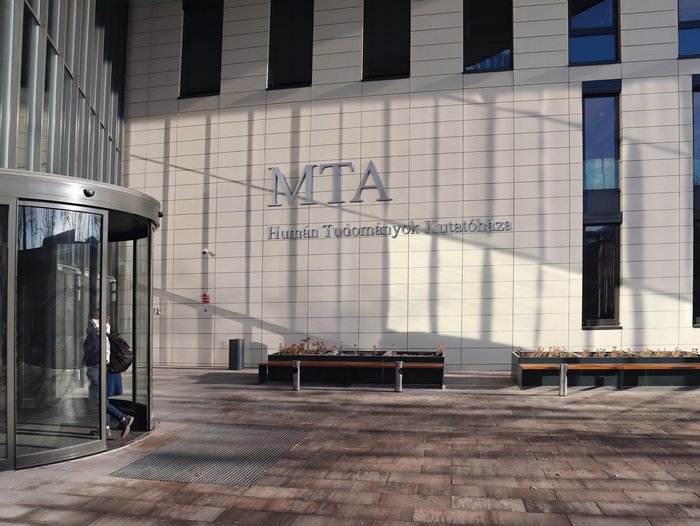Research Unit Budapest
In 2016 the RGK inaugurated a research unit in Budapest whose current first director is Prof. Eszter Bánffy. This research centre serves to support projects and networking in Eastern Central and South-eastern Europe.
Since its foundation in the early 20th century, the RGK has kept close links with the Danube region and in particular Hungary. These links have intensified since the turn to the 21st century through the implementation of several field projects. In view of the long-term commitment in Hungary and South-eastern Europe, the unit in Budapest was officially opened on 7 June 2016 with a ceremony inside the premises of the archaeological institute of the humanities research centre at the Hungarian Academy of Sciences. It is here that the internationally awarded project Alsónyék-Sárköz is carried out and where the processing and publishing of the German-Hungarian investigations of the Lombard burial ground of Szólád is being coordinated. Together with local colleagues, further publications are being prepared in Budapest, especially as concerns the series Confinia et Horizontes. New international projects too are being developed here, as for instance that on the Late Neolithic to Bronze Age tell settlements and their surroundings.
In addition, the Budapest research unit fosters exchange between the RGK with colleagues and institutional partners in Eastern Europe, in particular Croatia, Serbia, Romania, and the Republic of Moldova. Through workshops and conferences, joint research projects, cooperation and the publication of joint results, the RGK perpetuates a longstanding tradition of close collaboration with archaeologists from the Danube countries that reaches back to its founding years. Lectures and training at Hungarian universities such as the ELTE Budapest, SZTE Szeged, or at the Károli Gáspár Reformed University and prearranged research stays in Frankfurt help to promote young scholars from Hungary and the Danube countries.
address and contact
Prof. Dr. Dr. h. c. Eszter Bánffy
Institute of Archaeology,
Research Center for Humanities
Tóth Kálmán utca 4
1097 Budapest
Hungary
budapest.rgk@dainst.de



